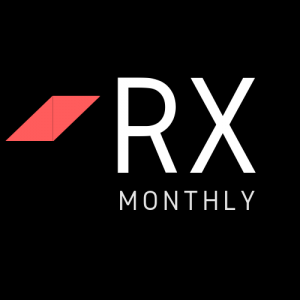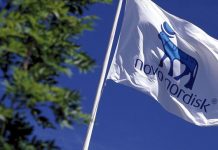Drugmakers want better designed, less expensive clinical trials. The demand is so great that contract research providers, often called CROs, are building out their business to meet it.
In the last year, Thermo Fisher, Cambrex and Charles River Laboratories each spent hundreds of millions of dollars on deals meant to grow their offerings.
Data services, in particular, have become newly attractive. Pharmaceutical and biotech companies want to know what CROs can do with it, from collection to analysis to validation.
“The CRO industry started out as people, bodies for hire. That’s what we we’re good at,” said Dawn Anderson, managing director of R&D life sciences consulting at Deloitte and former employee of inVentiv, Cognizant and Quintiles.
Now, the business model is “to not rely so heavily on people, but rely on their ability to aggregate that data.”
Real-world data a catalyst
The drug industry sits on mountains of patient data, and the peaks are only getting higher. Clinical trials have grown exponentially in number over the past two decades, as has the amount of information those studies generate.
Where a typical Phase 3 trial conducted 20 years ago might yield about 3 million data points, the adoption of wearables and rise of real-world evidence, according to Anderson, is allowing researchers to collect more than a million data points per patient each day.
Credit: Jacob Bell / BioPharma Dive, data from clinicaltrials.gov
Pharmas are looking to put this extensive data to better use, and to do so earlier. They appear particularly interested in the ways CROs can help out with real-world data, which encompasses the various information available outside the confines of a clinical trial.
That data is starting to hold greater influence over drug approvals, payer decisionmaking and even label expansions. Electronic health records, for example, helped Pfizer secure another approval for its marketed breast cancer therapy Ibrance.
Further fueling the interest is signaling from regulators that they’re receptive.
Just last month, Ned Sharpless, acting head of the Food and Drug Administration, said the agency is “open for business” when it comes to considering real-world evidence. The FDA has also been working to streamline and standardize how clinical trial investigators gather and analyze real-world data.
As a result, CROs are now spending more time and money on data services. Jonathan Shough, chief information officer at Covance, noted in an interview with BioPharma Dive how his company’s venture fund is investing in others that can leverage mobile health technology — a common tool in real-world data collection — in clinical studies.
“It improves the interaction with the patient, it improves the value and enrichment of the data that we get,” Shough said. “I think that’s going to continue to grow, our involvement in that is going to be significant.”
Data drawbacks
Data services aren’t a guaranteed success story, however. PRA Health Sciences, one of the largest CROs in the U.S., recorded a 2.4% dip in its data solutions business unit during the first quarter this year.
Collecting and analyzing data requires considerable upfront investment in technology, which can be difficult to integrate, as well as employees who can operate it. Covance, for instance, is searching for data scientists who can complement the company’s existing bioinformatics team, according to Shough.
On the people front, healthcare companies have had a tough time wrestling away talent from big tech.
“CROs are going to have to evolve to survive,” Deloitte’s Anderson said. “The big players, the Apples, the Verilys, the Amazons, all have incredible technology capabilities around data. Those perhaps could be the new players in the future.”
Operational challenges also come from drugmakers.
Michelle Hoiseth, chief data officer at Parexel, said it can be tricky figuring out what pharma clients mean when they ask about diving deeper into real-world data, because the answer largely depends on to whom they plan to submit that data. From her experience, Hoiseth contends that progression free survival data for a cancer drug means much more to regulators than payers.
“Our clients are like, ‘Come talk to us about real-world data.’ And were frustrated,” she told BioPharma Dive. “It’s not about the data, it’s what you do with it.”
Regulators can be a source of frustration as well. Though the FDA seems more agreeable toward non-clinical data, there’s still ambiguity about what tools and validation methods it will accept.
A hungry market
Despite the risks, hunger for both the data and broader clinical services offered by CROs should remain high. Grandview Research expects drugmakers will continue to outsource R&D operations, spurring the global healthcare CRO market to reach $55 billion by 2025.
The demand already facilitated some of the sector’s largest transactions, including tie ups between INC Research and InVentiv, Labcorp and Covance, and Quintiles and IMS.
Young biotechs can be especially reliant on CROs to provide the technological and clinical platforms necessarily for drug development, much of which now targets smaller patient populations.
Big pharma, meanwhile, is slowly but surely bringing data and tech know-how in-house. That, in turn, could put additional pressure on CROs to demonstrate their value.








